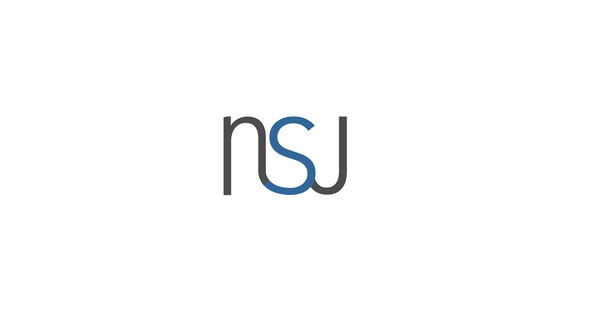Description
Thymidine Phosphorylase Antibody / PD-ECGF | V8507-20UG | Gentaur US, UK & Europe Disrtribition
Family: Primary antibody
Formulation: 0.2 mg/ml in 1X PBS with 0.1 mg/ml BSA (US sourced), 0.05% sodium azide
Format: Purified
Clone: rTYMP/3444
Host: Mouse
Clonality: Recombinant Mouse Monoclonal
Isotype: Mouse IgG1, kappa
Species Reactivity: Human
Application: IHC-P, WB
Application Details: Immunohistochemistry (FFPE): 1-2ug/ml for 30 minutes at RT,Western blot: 1-2ug/ml
Application Note: Optimal dilution of the recombinant PD-ECGF antibody should be determined by the researcher.
Purity: Protein G affinity chromatography
Description: Recognizes a protein (amino acid 482) of 55kDa (in vivo 110kDa homodimer), identified as platelet-derived endothelial growth factor (PD-ECGF), same as thymidine phosphorylase (TP) or gliostatin. In the presence of inorganic orthophosphate, it catalyzes the reversible phospholytic cleavage of thymidine and deoxyuridine to their corresponding bases and 2-deoxyribose-1-phosphate. It is both chemotactic and mitogenic for endothelial cells and a non-heparin binding angiogenic factor present in platelets. Its enzymatic activity is crucial for angiogenic activity (metabolite is angiogenic). Higher levels of serum TP/PD-ECGF are observed in cancer patients. It is also involved in transformation of fluoropyrimidines, cytotoxic agents used in the treatment of a variety of malignancies, into active cytotoxic metabolites (e.g. 5-deoxy-5-fluorouridine to 5-FU). High intra-cellular levels of TP/PD-ECGF are associated with increased chemosensitivity to such antimetabolites.
Immunogen: Recombinant full-length human protein was used as the immunogen for the recombinant PD-ECGF antibody.
Storage: Store the recombinant PD-ECGF antibody at 2-8oC (with azide) or aliquot and store at -20 °C or colder (without azide).
Localization: Cytoplasmic, nuclear






